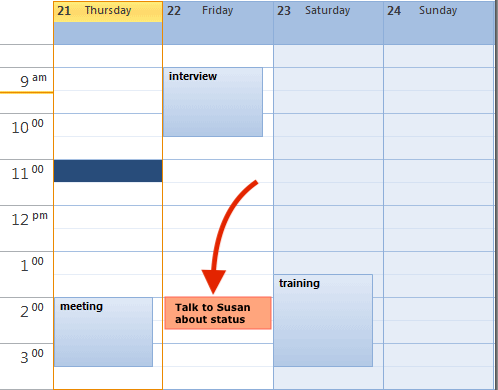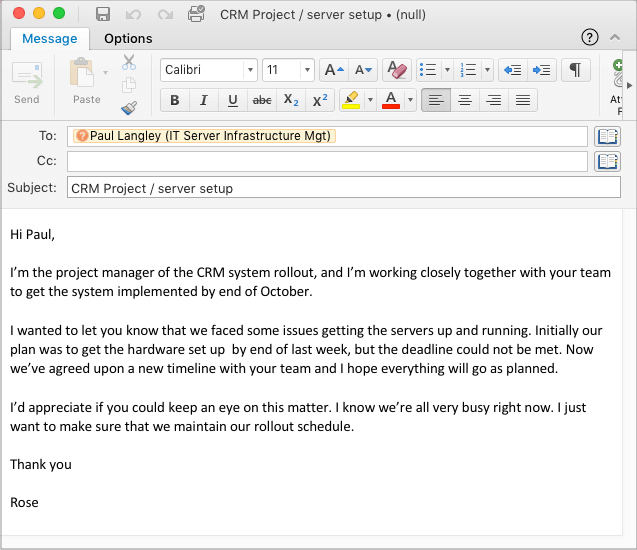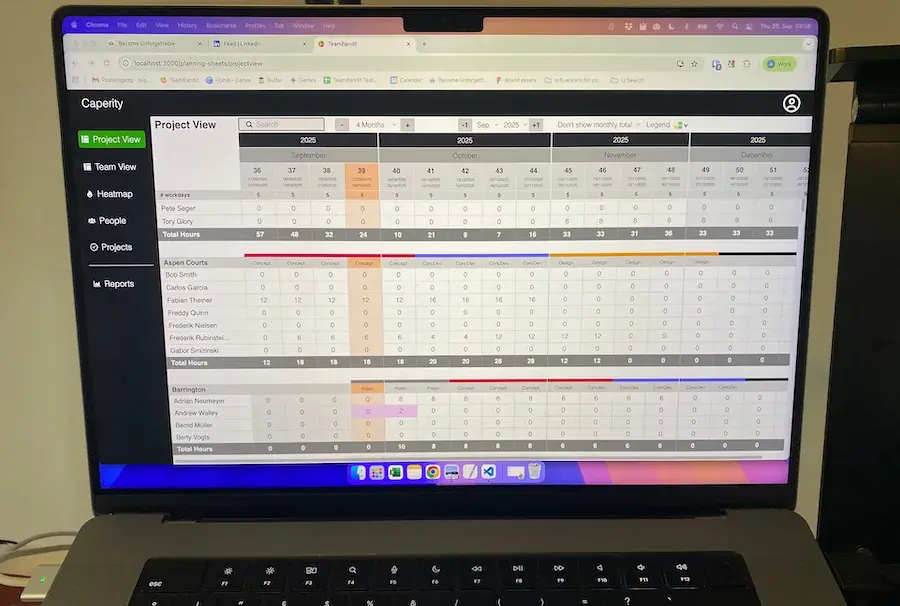Does this sound familiar to you? You ask one of your team members to work on something. Everything seems to be going well and you feel like you could move mountains:
“Managing projects isn’t really that hard.”
“I’m a real leader! People respect me and I get things done!”
LOL
Then the moment of truth arrives. Today’s the deadline for your colleague to turn in his work.
And then:
No response from your team mate. Not even a phone call.
Your inbox stays empty.
What should you do in this situation?
Let’s talk about your responsibility
A common question I get from part-time project managers who’ve faced his situation:
“Is it really my responsibility to push the other person towards getting the task done? Should I remind her regularly of the pending task?”
I’ll tell you: Yes, it’s your responsibility 🙂
You may not like it because it makes you feel uncomfortable but it is our responsibility to ensure work gets done. No matter who you’re dealing with:
- No matter if the other person is reporting to you or not.
- No matter if the other person has more experience than you or not.
- No matter if the other person is older than you or not.
- No matter if the other person has a fancy title (and you don’t).
- No matter if the other person has better looks than you or not.
Being a project manager, it’s your job to ensure work gets done!
Let’s jump back in time
Let’s assume things haven’t gone afoul yet and we are still a few days ahead of the deadline.
What can you do to prevent this unpleasant scenario from happening?
It’s a good practice to check in with people on a regular basis — particularly as the deadline gets closer (also read my article on setting deadlines).
What you do is put a reminder in your calendar, reminding you to check in with the colleague that we call Susan here.

My tip: Set yourself a reminder right at the beginning when delegating the task. The follow-up call should be scheduled on a date that allows you to turn around things in case your team mate hasn’t started work.
At the scheduled reminder you call up Susan and ask her:
Hey Susan,
Sam here. Just wanted to ask you how things are going. Were you able to work on the data analysis yet?
When closing the call, say something like:
Please remember it’s very important that we maintain the deadline of next Monday. I really appreciate your great support. Thanks and talk to you soon.
The best is really to talk to the person and get clear on whether project-related work is progressing.

What to do if the deadline has been reached
Once the deadline has been reached but the task of concern hasn’t been completed, you need to check a number of things. The best to do is again by speaking to the colleague directly or by having a face-to-face conversation, if that’s possible.
Check 1: Has the task been understood?
You might say: “of course, I told my fellow exactly what I need from him”. Still, some aspects of the task may not be entirely clear to your colleague, such as:
- In what format should the results be delivered?
- What level of quality is expected? Should it be just a draft or a highly refined concept?
- What will the results be used for?
Let your team mate explain the task in his own words to see if your expectations match your colleague’s understanding.
Check 2: What’s blocking your colleague?
There may be issues blocking your colleague from moving forward:
- A personal emergency
- Lack of knowledge or experience
- Too many other tasks on the plate
- Input from other teams missing
- Procrastination, lack of self-organization
Check 3: When can the task be completed?
Of course, you need to figure out an alternate deadline for the task. The input for this should come of course from the person responsible.
Check 4: How will the delay impact any follow-on activities?
The delay of a single task may or may not impact the overall project timeline, depending on whether the task is on the critical path or not.
- Find out if the project can compensate for the delay either by removing scope or by adding additional resources.
- Sometimes you can strip out parts of an activity to gain valuable time (e.g.: “I only need an outline by end of next week. You’ll have two more weeks to finish the complete document.”)
If the delay of the task DOES impact subsequent project activities you will have to reschedule and keep everybody informed who is somehow affected by the delay.
“Should I escalate?”
Escalating an issue means bringing it to the attention of management. Usually to supervisor-level.
It’s an instrument you should apply with great care. And you shouldn’t overuse it, because when you escalate too often it will diminsh the value of each escalation and make you look like a choleric.
There’s no formula when you should escalate or not. Over time you will get a feeling for whether an escalation makes sense or not.
Generally, I would escalate under these circumstances:
- Massive impact: Does the activity delay have a massive negative impact on the project timeline? If so, you should escalate and keep management informed about the status.
- Recurring issue: You might have had several occasions where a team or an individual project team member have failed to deliver on time. Regardless of the reason, if it appears to be a recurring issue, get the awareness of management.
I would NOT recommend escalating in these cases:
- If the overall consequences on the project are negligible
- If you didn’t explain the task in a clear fashion
- If you are confident that the alternate deadline will be met
- Just because you don’t like the other person
- If you are totally new to the organization
It requires a good understanding of human communication to get an escalation right. You should never take an escalation as an opportunity to openly complain about somebody in your team. This will only make things worse.
Case study: how to do a soft escalation via email
Instead try an escalation in disguise – a friendly request like this one:

Take a look at the above mail:
- It is addressed to Paul, the head of the IT server team
- It is written by Rose, the project manager who is facing an issue with servers not being deployed on time
- It is written in a friendly tone without any negative remark or fingerpointing
- It does not call out individual team members (never mention names)
- Rose shares her reasons why she is pushing for the task to be completed: She wants to save the project
- It closes with a friendly “Thank you”
This is how you “escalate” in an effective yet friendly way.
Paul, the recipient does not lose his face.
Paul is smart enough to understand what Rose is saying between the lines. What he understands from Rose’s mail is that she is not satisfied with his team’s performance. As next step he will check with his team to find out why the work got delayed, and he can take measures to ensure this does not happen again.
Now back to you …
What’s your #1 issue when it comes to dealing with delays?


Author
-
Hi, I’m Adrian, a Senior Project Manager and the Creator of Tactical Project Manager, where I teach a pragmatic approach to project management. Led large-scale IT and business projects for over 10 years. My goal is to enable you to lead any project with confidence.
View all posts
